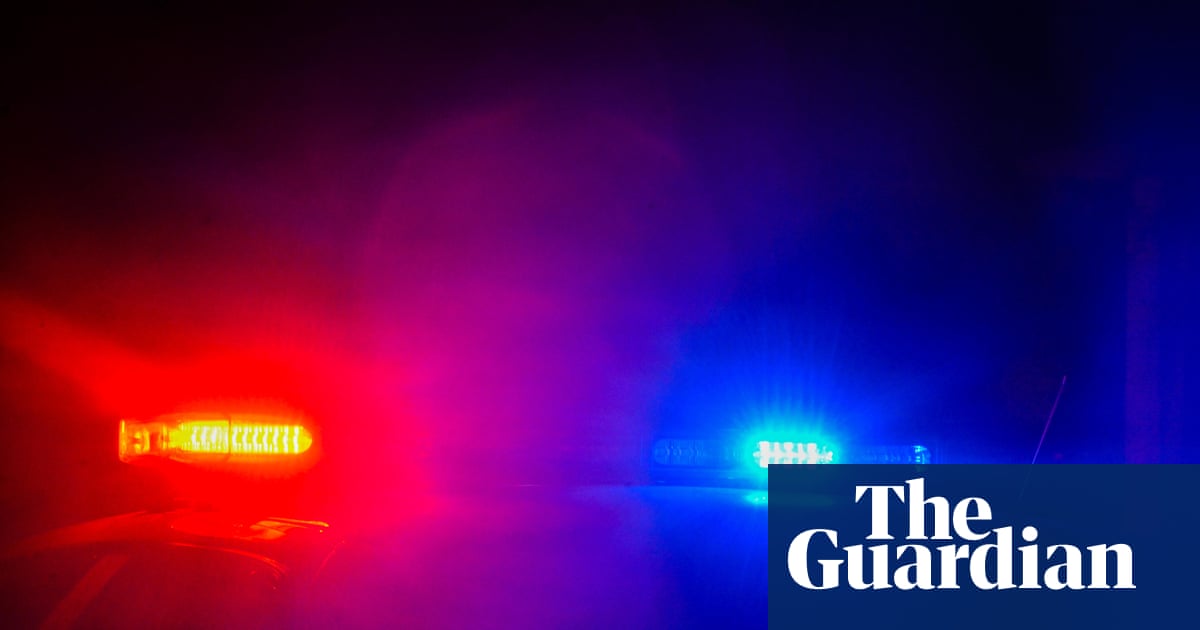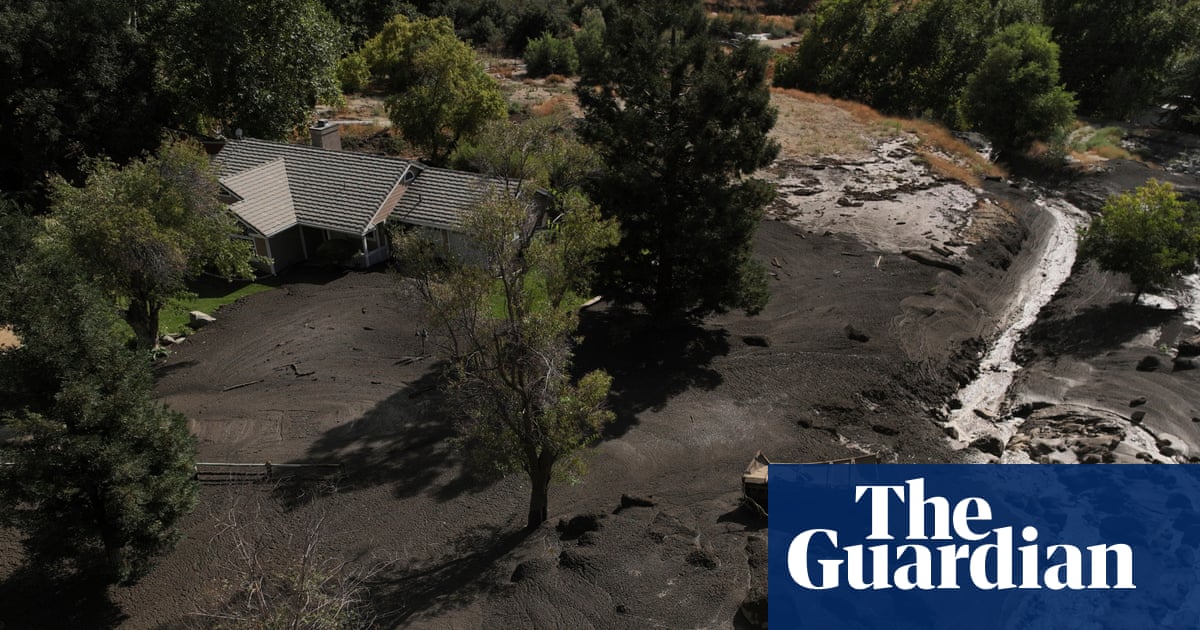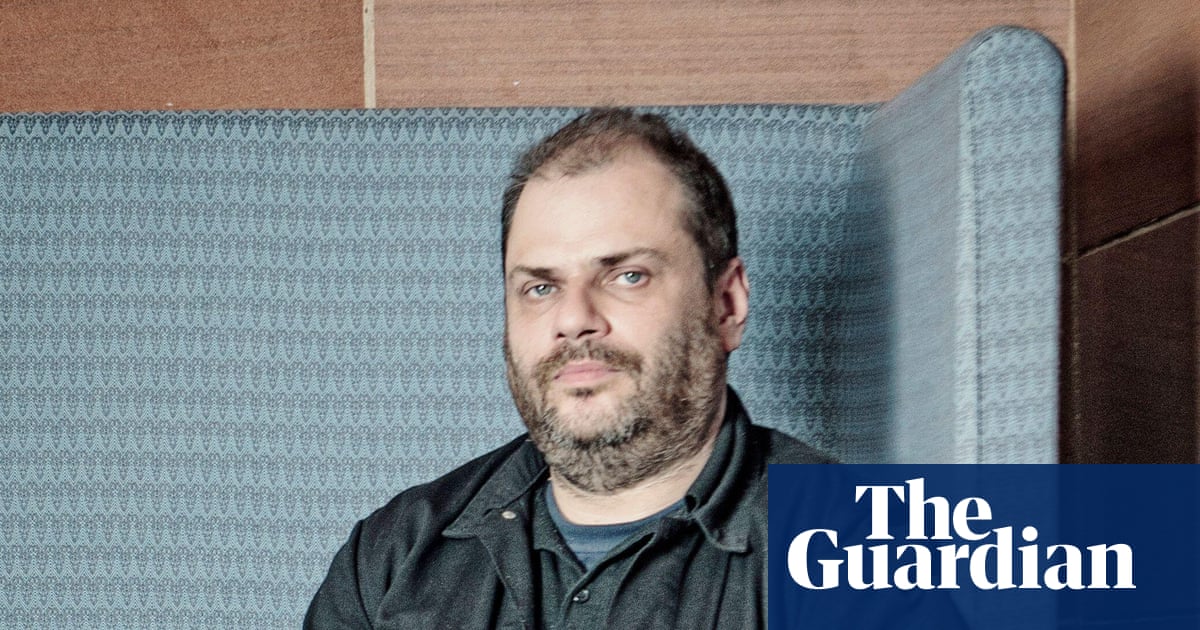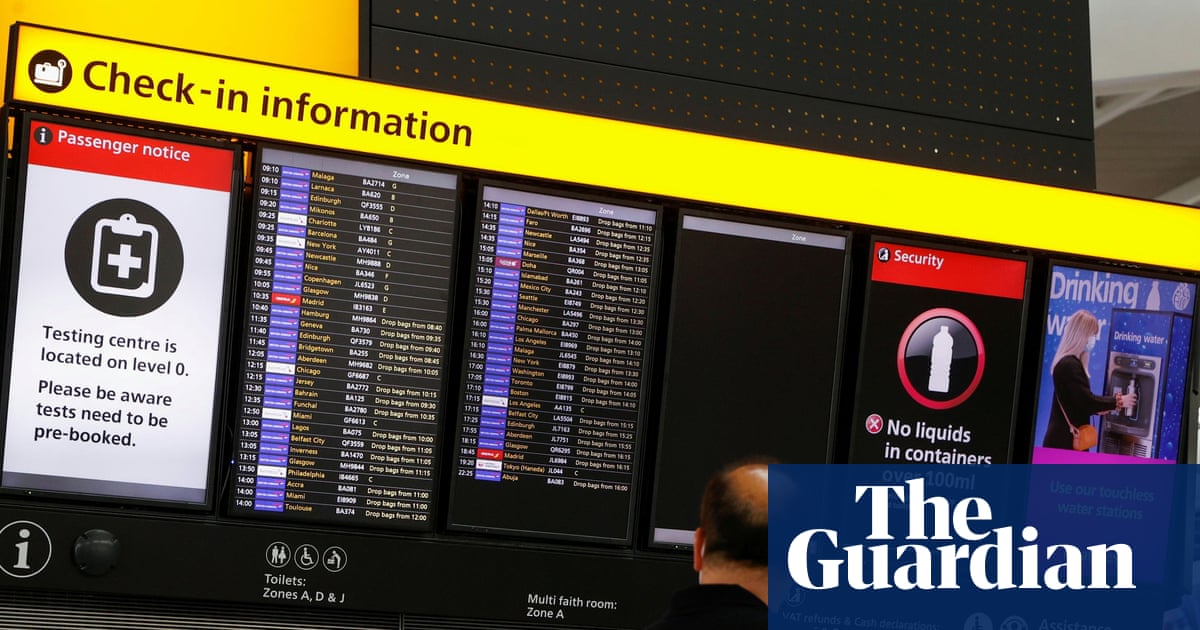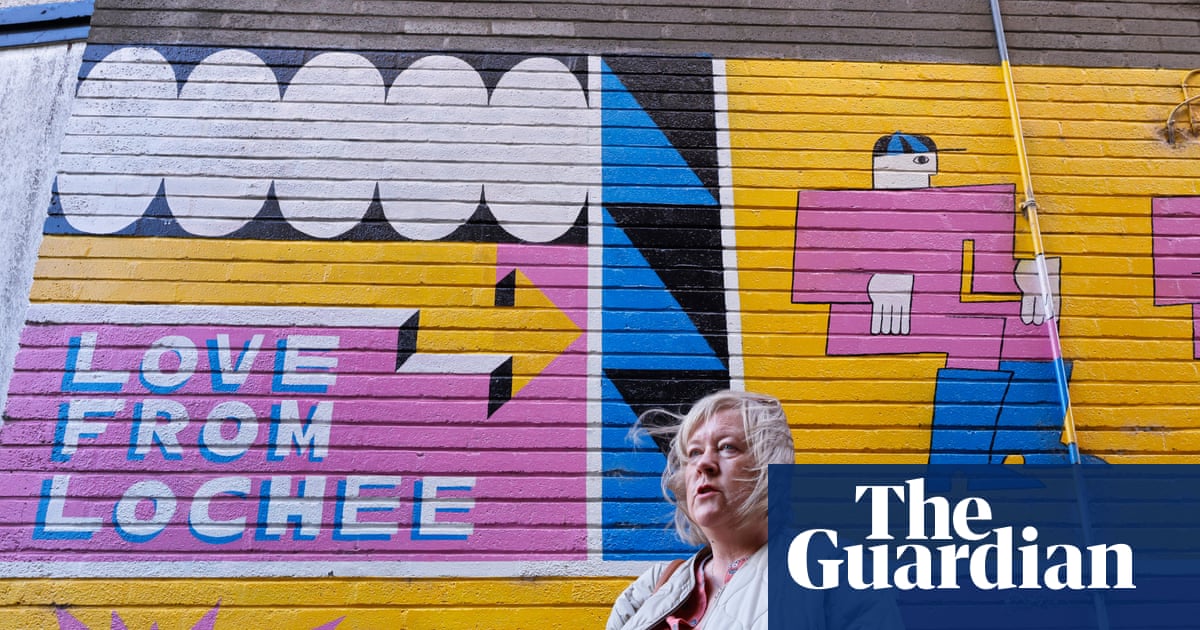It has been a while since we had a good, honest point-and-boke documentary, is it not? “Boke”, for those of you unfamiliar with the term, means to be sick. I use it here because the onomatopoeia gives a better sense of the fight that precedes the act, especially if – say – a programme is unspooling in front of you that keeps the nausea building until you are past the point of no return. Viewer discretion – and a plastic bowl – is advised.
So, then, to Crime Scene Cleaners, a 10-part documentary – yes, 10! – that does exactly what it says on the tin. It follows teams from British and American companies as they move in after bodies have been removed and evidence bagged and tagged by police to clean up anything left behind. “Anything” can mean blood – spattered, accumulated in the bottom of a bath tub, trailed along a floor, soaked into a carpet, stained into grouting, arterially sprayed along skirting boards. Hepatitis B, we are informed via a dramatic voiceover, can survive for up to seven days in dried blood, hepatitis C for up to six weeks on hard surfaces. Clever pathogens.
“Anything” can also mean faeces. “Anything” can mean body fluids – the worst phrase in the English language – that have leaked from “every hole in your body” during “natural decomposition” into a mattress, perhaps, or on to the floor, if your death has gone undiscovered for long enough. They may coalesce around the legs of a bedside table and leave marks when a team shifts the furniture to start returning the house to a saleable condition. “Anything” will almost certainly mean maggots (“they can be quite voracious”), flies and an overwhelming stench. “I can’t describe it,” says Lauren Baker, the hands-on founder of LIT Biohazard & Trauma Cleaning Specialists. “But, once you’ve smelled it, you’re not going to want to smell it again.” Noted. So very noted.
We watch Baker and her team deal with the consequences of an unattended death in a bungalow in Kent. They are not told anything about the scene, although viewers are invited to wonder about the possibility of foul play by the attention the programme pays to a smashed window. The information that this was how the police gained access to the home is withheld until the last minute, which adds the necessary touch of manipulation without which no essentially voyeuristic documentary is complete. Baker opens the window to let the departed’s spirit out – an ancient touch in a room now full of modern equipment and chemical cleaning sprays – and they get to work.
In the US, life is a little different. Victor Robles, the owner of Bioclean in Los Angeles, reminisces about the time his company had to clean up a mile-long blood trail by morning. It took 60 man-hours, but they got it done. We see them take a call from a landlord to a property in which most of the blood patterns described earlier can be found. We learn that blood cannot simply be sluiced down the plughole of a bath or shower – it must be soaked up, bagged and disposed of safely. They take up the carpets quickly: “You want to avoid saturation below floor level.” We are told that all of this was the result of an accidental injury, which the tenant survived. Americans are either a lot tougher or they come with extra blood.
Over in Baton Rouge, Louisiana, Larry Douglas – a former detective and now the owner of Xtreme Cleaners– muses on what life has taught him. “In 22 year,” he says, “I’ve never found an intact eyeball, because they’re so fragile.”
One of his teams is given a car to decontaminate. They seem to be suiting and booting up to an excessive degree – until we learn that the car was used to transport fentanyl, the synthetic opioid that is scything through the US and which is so potent that if you breathe in airborne particles of the stuff, you can overdose and die. A simple traffic stop can become fatal for an officer if they disturb the wrong goods in the boot. We see bodycam footage of them being overcome and saved by their colleagues. It is astonishing. But you live and learn, don’t you? And then die, hopefully peacefully and not alone.

 2 months ago
77
2 months ago
77




